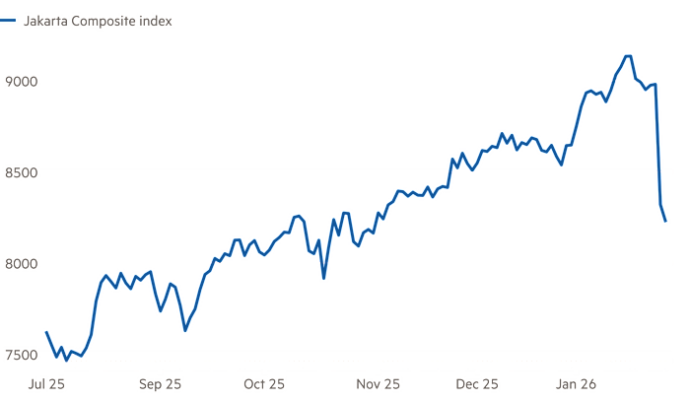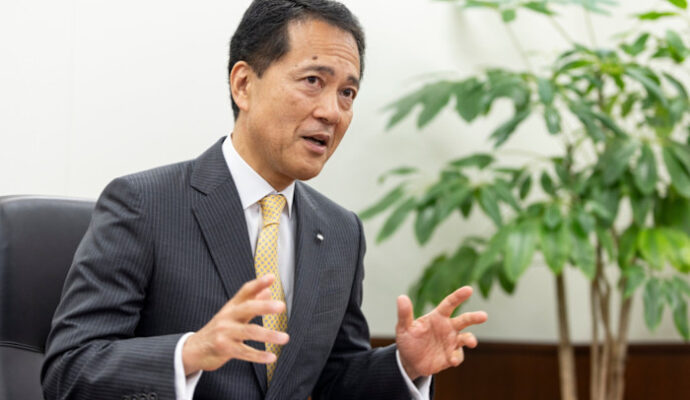
Stay informed with free updates
Simply sign up to the German politics myFT Digest — delivered directly to your inbox.
Germany’s foreign minister has cancelled a visit to China days before his planned departure in a sign of mounting tensions between Berlin and Beijing over trade and the war in Ukraine.
Johann Wadephul had been due to depart for the Chinese capital on Sunday for two days of meetings with his counterpart Wang Yi — his first official visit to China since Germany’s new government led by Chancellor Friedrich Merz took office in May.
Topics that Wadephul had intended to address included Chinese export controls on rare earths and chips, which are affecting German industries such as defence companies and car manufacturers.
The German foreign minister had also planned to discuss Beijing’s support for Russia’s war on Ukraine through the supply of dual-use electronics, and security in east Asia.
But a spokesperson said on Friday that, after failing to secure other meetings, they had decided not to embark on the visit.
The diplomatic dispute underlines how strained the relationships between China and Europe’s largest economy have become. Merz is struggling to revive the German economy, which has been stagnating for three years and whose core manufacturing industries have been shedding thousands of jobs because they are unable to compete with cheaper Chinese products.
The chancellor, who has been touring European capitals and was received by Donald Trump at the White House, has been seeking to arrange a meeting with Chinese President Xi Jinping to discuss these issues. Wadephul’s cancelled trip is likely to complicate these plans.
A German foreign ministry spokesperson said the two countries would try to find another date for Wadephul’s visit. A spokesperson for the Chinese foreign ministry could not immediately respond to a request for comment.
On Thursday, Wadephul said Berlin would continue to endorse the so-called “One-China policy”, which states that Taiwan is part of China, as long as Beijing did not attempt to change the “status quo” by force.
“Our One-China policy continues unchanged — and we decide on its design,” he told Reuters. “This also includes that there must be no violent change of the status quo.”
He added that he would insist on the vital need to protect the free movement of goods through the Taiwan Strait. If free movement “were no longer possible there due to violent conflicts, it would have an impact of prosperity in many parts of the world,” he said.
China has emerged as one of the most existential economic threats to Germany, whose export-oriented model has benefited from the rise of the world’s second-largest economy over the past two decades.
German groups are among the most active European companies in China — exporting and producing there — and are on the front line of corporate “de-risking” efforts urged by the EU commission.
In January, before winning the German elections, Merz described China as part of an “axis of autocracies” that did not abide by the “western rule of law standards”.
He also urged caution for German companies investing in China given mounting geopolitical tensions in the Indo-Pacific, saying it “involves great risk”.
In July, Germany’s foreign ministry summoned the Chinese ambassador after Berlin said one of its surveillance planes had been targeted with a laser in the Red Sea earlier that month.
During a visit by Wang Yi in Berlin, Wadephul also criticised China’s rare earth policy, regretting that “uncertainty is damaging China’s image in Germany as a reliable trading partner”.


